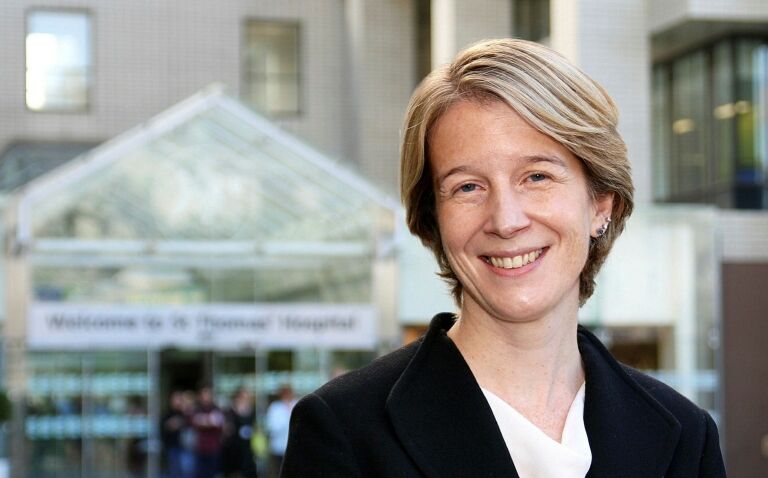There are no ‘specific costs’ associated with retention elements of the long-term workforce plan, NHS England’s chief executive has admitted.
Speaking at a Public Accounts Committee (PAC) session on urgent and emergency care, Amanda Pritchard confirmed that none of the £2.4bn funding detailed in the plan will go towards workforce retention.
As well as pledging to double medical school places by 2031, among a host of other recruitment and training measures across the NHS, the workforce plan committed to ensuring that 130,000 fewer staff leave the NHS over the next 15 years.
However, when asked whether there would be a cost to this retention ambition, Ms Pritchard said there is no ‘specific number’ but rather ‘a dependency on a whole number of other things’.
The chief executive argued that the ‘two big things’ about delivering on retention are flexibility and continuous career development, and these are either ‘outside the purview of this plan’ or are funded by money that is not new but has been ‘re-confirmed’ in the plan.
‘True cost will be far higher’
Members of the PAC, the select committee responsible for ensuring Government spending is effective and honest, also raised concerns about the financial costing of the plan only running to 2028.
Mark Francois MP said he was concerned ‘the true cost of this is going to be far higher’ and that the taxpayer will not be able to afford it.
The Department of Health and Social Care (DHSC) permanent secretary Sir Chris Wormald said the future budgets of his department and the NHS beyond this spending review period, which runs to 2024/25, are ‘obviously political decisions’.
He confirmed that there is no reference in the workforce plan to its cost beyond the first five years, and said ‘those are future decisions for the Government’.
When asked about the cost of retaining 130,000 extra people, Ms Pritchard said: ‘Part of what allows people to stay, to stay well, is outside the purview of this plan, so it’s to do with, for example, pension changes, which are not costed here.
‘In terms of specific initiatives, there is confirmed continuous funding for continuous professional development, so that’s not new money but it has been re-confirmed in the plan so that is going to be maintained – so not new, not extra.
‘There is also a clear set of things where there is a financial cost but it’s been dealt with separately around things like pensions, which are around flexibility.’
She added: ‘But a lot of what is in the retention section of the plan is about doing what we know works and doing that systematically and supporting that to be spread across the NHS.’
Earlier this year, Chancellor Jeremy Hunt abolished the pensions Lifetime Allowance as part of the Spring Budget in a bid to retain GPs and other doctors.
A version of this story was originally published by our sister publication Pulse.










